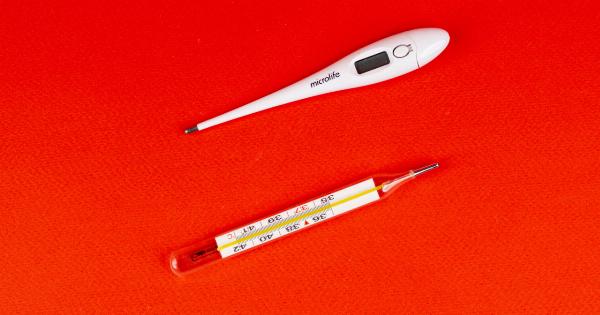There has been much debate and speculation surrounding the topic of consuming fish during pregnancy and its potential link to autism. Autism is a developmental disorder that affects a person’s ability to communicate and interact with others.
It is a complex condition with various factors contributing to its onset, including genetic and environmental influences.
Some studies suggest that certain types of fish, specifically those high in mercury content, may increase the risk of autism in children when consumed during pregnancy.
However, it is important to examine the evidence and understand the complexities of this topic before drawing any definitive conclusions.
The Benefits of Fish Consumption During Pregnancy
Fish is considered a valuable source of essential nutrients, such as omega-3 fatty acids, high-quality proteins, vitamin D, and iodine.
These nutrients play a crucial role in the developing fetus and can have significant benefits for both the mother and the baby.
Omega-3 fatty acids, in particular, are essential for the development of the brain and nervous system. They have been associated with improved cognitive function and reduced risk of depression in both children and adults.
Consuming fish during pregnancy can help ensure an adequate supply of these important nutrients to support fetal development.
The Concerns About Mercury in Fish
While fish is undeniably beneficial, one concern often raised is the potential mercury content in certain species. Mercury is a toxic metal that can accumulate in fish, especially larger, predatory species.
When consumed in high amounts, it can pose health risks, particularly to the developing fetus.
Mercury can cross the placenta and interfere with fetal brain development. High levels of mercury exposure have been associated with neurological and cognitive impairments, including a potential increased risk of autism.
This has led to recommendations for pregnant women to limit their intake of certain fish known to have higher levels of mercury, such as shark, swordfish, king mackerel, and tilefish.
The Importance of Moderation
While it is crucial to be mindful of the potential risks associated with high mercury fish, it is also essential to consider the overall dietary context and the amount of fish being consumed.
Moderation is key when it comes to fish consumption during pregnancy.
Many types of fish are low in mercury and can be safely consumed during pregnancy. These include salmon, trout, sardines, and anchovies, which are also excellent sources of omega-3 fatty acids.
By choosing fish with lower mercury levels and balancing the intake, pregnant women can obtain the nutritional benefits without compromising their baby’s health.
Evidence from Research Studies
Research on the link between fish consumption during pregnancy and the risk of autism has produced mixed findings. Some studies have suggested a potential association, while others have found no significant link.
It is important to note that most of these studies are observational, meaning they establish a correlation rather than a direct cause-effect relationship.
A study published in Epidemiology in 2003 found a positive association between maternal fish consumption during pregnancy and the risk of autism in offspring.
However, this finding was inconsistent with subsequent studies that yielded conflicting results.
More recent research, such as a study published in JAMA Pediatrics in 2018, has suggested a more nuanced relationship.
It found that higher prenatal exposure to mercury was associated with an increased risk of autism, but higher fish consumption overall was associated with a decreased risk. These conflicting results highlight the complexity of the issue and the need for further investigation.
Current Recommendations
Given the conflicting evidence and the potential risks of mercury exposure, several health organizations have provided guidelines for fish consumption during pregnancy.
The U.S. Food and Drug Administration (FDA) and the Environmental Protection Agency (EPA) recommend that pregnant women consume a variety of fish as part of a healthy diet but should avoid those with high levels of mercury.
They advise limiting consumption of shark, swordfish, king mackerel, and tilefish to no more than once a month.
The American College of Obstetricians and Gynecologists also suggests that pregnant women should aim to consume 8-12 ounces (2-3 servings) of fish per week from a variety of sources.
This allows the benefits of omega-3 fatty acids to be obtained while minimizing the potential risks associated with mercury exposure.
Conclusion
The question of whether eating fish during pregnancy is linked to autism remains a complex and controversial topic. While some studies suggest a potential association, others have found no significant link.
The potential risks of mercury exposure from certain fish species have led to recommendations for pregnant women to limit their consumption of high mercury fish. However, it is essential to remember that fish is a valuable source of essential nutrients, and a well-balanced diet during pregnancy remains crucial.
Ultimately, moderation and informed decision-making are key when it comes to fish consumption during pregnancy.
Pregnant women should consider choosing low mercury fish types and balance their intake to ensure they receive the nutritional benefits while minimizing potential risks. Consultation with healthcare providers can provide further guidance tailored to individual circumstances and help ensure a healthy pregnancy and baby.




























